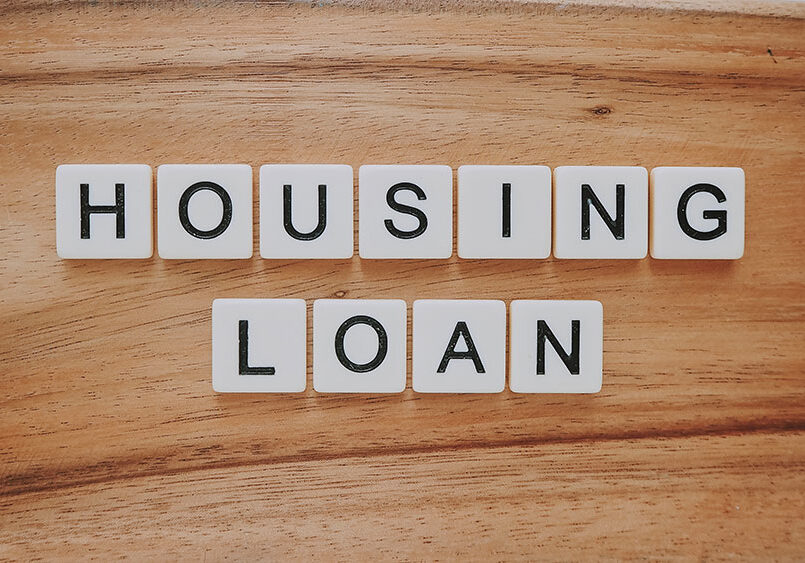How Student Loans Can Affect a Mortgage
Whether you’re in your early 20s or your late 40s, graduating college is a milestone that will increase your employment prospects and lead you to closer to the American Dream. Now the next milestone in your sights is buying a house, but how will your newly acquired student loan debt affect that process?
If you’re looking to buy a house, you need to understand how those debts – along with your down payment and credit score – can affect qualifying for your desired mortgage. That’s where the experts at Accunet Mortgage are here to help.
Debt-to-income ratio
The first thing to talk about when discussing how student loans can affect a prospective mortgage is your debt-to-income (DTI) ratio. Your DTI is calculated by dividing all your monthly debt payments, including outstanding student loans, by your gross monthly income. Monthly debt payments vary from person-to-person, but it will typically include costs like your projected monthly mortgage payment, credit card payments, child support, car payments and your student loans.
Typically, lenders will not approve a loan for someone with a DTI ratio above 45%. That said, certain types of loans, like FHA or VA home loans, will have a little more forgiveness while typically coming with other provisions. So the higher your student loan, or other debt you have, the less house you’ll be able to afford in order to fall within the acceptable DTI ratio.
Options to increase buying power
If you’re in a situation where you’re DTI ratio is higher than what the lender considers acceptable, or you want to buy more house then you’re qualified for, there are some options to consider:
Lowering your monthly student loan payment
– This can include going on a graduated repayment plan (where your payment starts low and gradually rises every couple years, hopefully coinciding with your rising income), loan consolidation and extending your payback term.
Putting down a larger down payment
– If you’re able to, through a gift or otherwise, putting forth a larger down payment, like 20%, will increase the odds of getting your loan approved.
Lower other outstanding debts
– Taking care of some of your credit card balance will lower your monthly payments and give more room for student loans. Similarly, if you have a high monthly car payment, you can consider downgrading to a vehicle that will have a lower monthly payment. This would also give you more room for student loans and give you more purchasing power.
The bottom line is considering if you can really afford the home you want. If your student loans are in forbearance or deferment, it’s generally a better idea to get financially stable enough to start paying those before you include the added monthly cost of a mortgage payment. Or maybe it’s a better idea to try to save for a while, pay off as much debt as you can and then start the home buying process once your debt is at a more workable level. This way, you’ll be able to afford a house you’d really want rather than settling because the latter option is all you can afford.
When you’re ready to purchase a home, it’s good to know your options, but talking to experts will give you the best of idea of what you can do. You’ve already accomplished a major feat by graduating, and now it’s time to make your next educated decision by considering your student loans when buying a new home.
[elementor-template id=”10109″]
Want the Lowest Rate on Your Home Loan?
Let's Get Started!
You Might Also Like
Aenean sollicitudin egestas elit vel mattis. Proin non lorem arcu. Sed ornare venenatis sapien id iaculis. Etiam ultricies interdum commodo. Aliquam erat volutpat.


